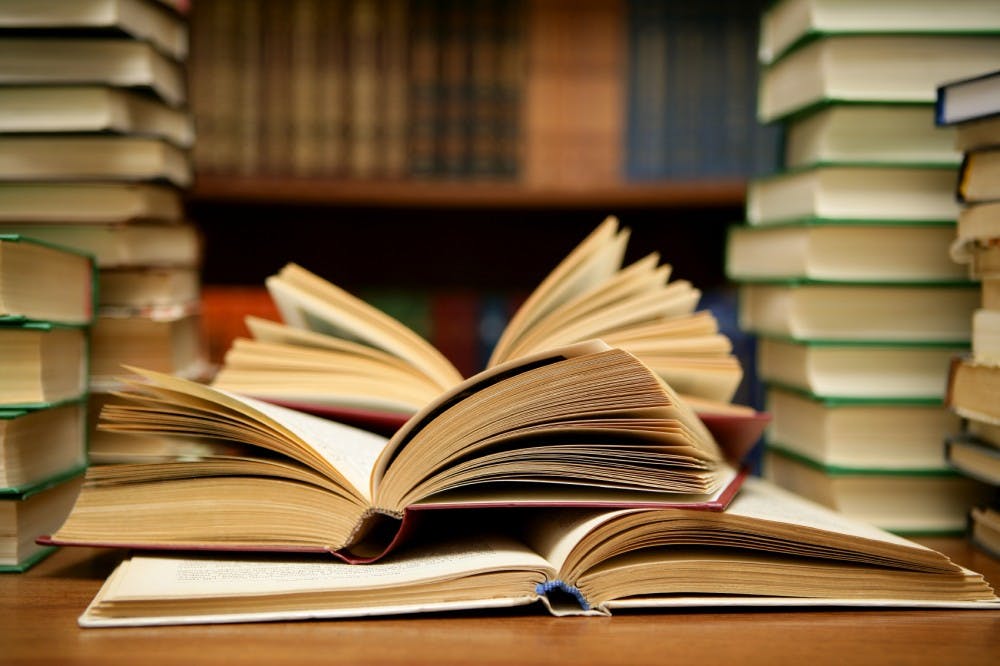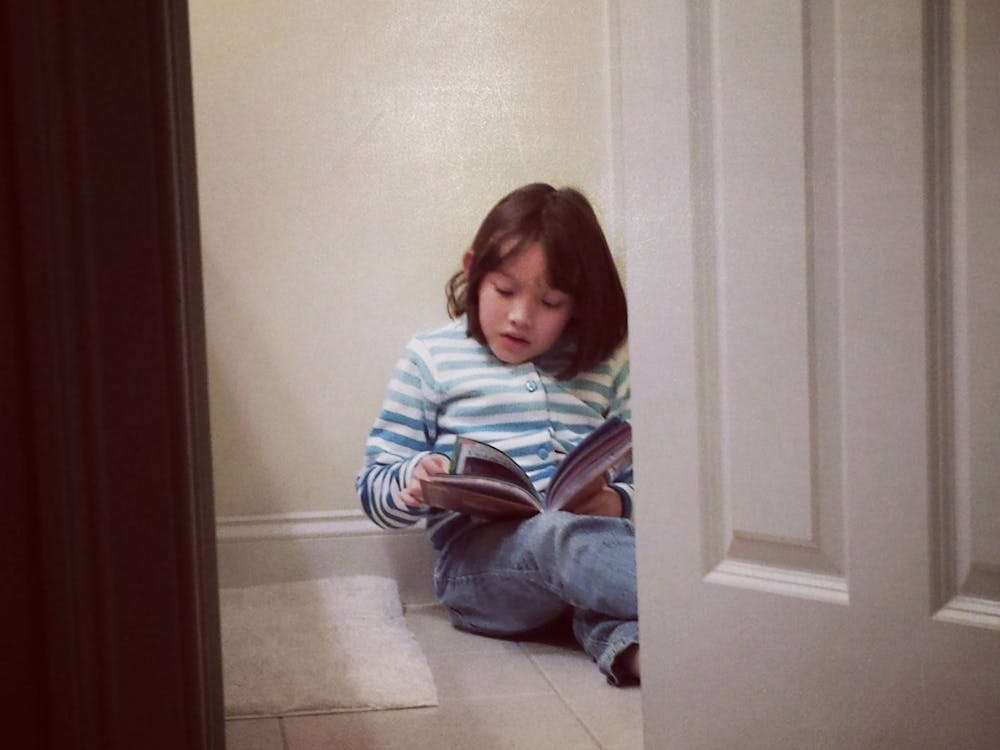
In an attempt to be funny, I told her I’d only ever been on the receiving end of rejections before, albeit only from literary journals. She asked me a little bit about why I liked writing and what my plans were for it in the future. I gave her the same speech I would later give in all my college applications, about how I wanted to go into science but didn’t ever want to stop writing and how I loved weaving science and poetry together.
She had brought along two poetry books, which she gifted to me. I could spend this article talking about those poems specifically, because reading some of the writing makes me so happy (maybe another time), but I decided to focus on a larger topic. I realized that most of the poetry collections I’ve seen by modern writers who have never published a collection before have all been put forth through independent publishers.
At the time, I hadn’t really thought too much about the importance of Kaya’s role as an independent publisher. But what I think makes independent publishers like Kaya Press important is that they often choose to feature works highlighting different cultural and social experiences that define the narrative of a certain subset of writers who larger traditional publishers might overlook in favor of bestselling novels. In Kaya’s case, they are committed to publishing the works and spreading the words of Asian and Pacific Islander diasporic writers, words that need to be heard but can be hard to hear otherwise.
Upon browsing through Kaya’s website, you’ll likely encounter the names of authors you’ve never seen before, which was the case for me. The significant role of independent publishers in giving up-and-coming writers a chance to share their unique experiences, I feel, is often overlooked.
Now that I think about it, through all my four years of high school, we only ever read one novel written by an Asian author, The Woman Warrior by Maxine Hong Kingston, and no poetry at all. Even then, I listened to my classmates complain about the style of Kingston’s writing: the use of symbolic Chinese imagery and superstitions and the non-linear progression of events, elements that I viewed as intrinsic to Chinese literature.
It is also Kingston’s way of paying tribute to the writing of her ancestors while struggling to carve out her own Chinese-American identity. I wonder how they would have reacted to reading some of the works published by Kaya.
Before we parted ways, Ms. Lee told me to email her if I was still interested in becoming involved with her independent press. I emailed again at the beginning of the next school year, but it appears that my email got lost somewhere in the depths of her inbox. I never received a reply. So, unfortunately, that was that.
Sometimes, I wish I had been able to experience for myself what it’s like to help new writers get their voices heard. But I’m still grateful for the greater appreciation for Asian literature that she left me. By introducing Kaya Press to me, she opened up a door to a realm of the Asian cultural narrative that I have yet to explore.





